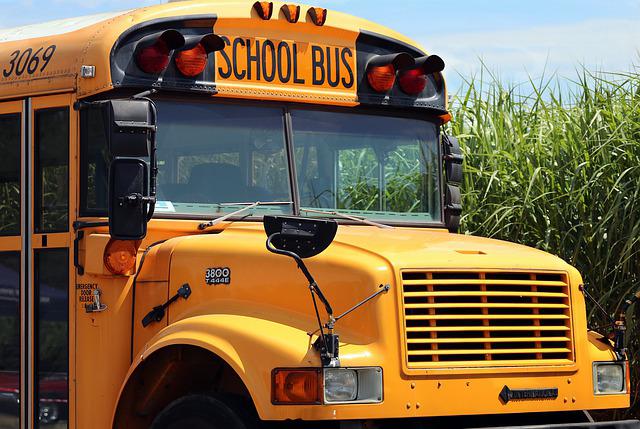Vehicle owners could see higher tax bills
Published 11:42 am Tuesday, May 11, 2021
|
Getting your Trinity Audio player ready...
|
Commissioner of the Revenue Liz Hamlett said vehicle owners in Lunenburg County could see an increase in personal property tax bills that are due on Monday, June 7.
This is not due to a tax rate increase or a reduction in tax relief, but because of increases in used vehicle values.
“The value increase affected newer model vehicles more so than older vehicles, with the largest jump in passenger truck values,” Hamlett said. “The demand for these was great, but the supply was inadequate. As a result, some citizens of the county may pay more in personal property taxes this year.”
According to Hamlett, her office uses the “clean trade-in value” established by National Automobile Dealers Association (NADA) as fair market value.
“The commissioner’s office will adjust for vehicles exceeding the mileage indicated in the pricing guide,” Hamlett said.
It is believed the COVID-19 pandemic caused the rise.
Historically, vehicle values tend to depreciate from month to month. As such, the predicted value of any vehicle would be lower than the value of that exact vehicle the previous January. In early 2020, vehicle values were trending as the industry customarily expected.
In March, COVID-19 altered the anticipated trends of the automobile industry. As a result, all major vehicle valuation services, not just NADA, indicated increased market values between January 2020 and January 2021.
In the summer of 2020, prices increased more than 10% for the U.S. used car market as a whole.
According to a press release from Hamlett, several factors contributed to the trends.
In March of 2020, the Federal Reserve cut the interest rates to near zero. On both new and preowned vehicles, these unprecedented low interest rates allowed consumers to purchase vehicles sooner than they would have in the past.
“A strong demand means higher prices,” Hamlett said.
COVID-19 related closing of certain auto manufacturing plants for the necessary production of ventilators and other personal protective equipment caused a further reduction in inventory.
Also, large fleet companies like rental agencies and car services choose not to replace their inventory, leaving the market with fewer pre-owned vehicles.
Cars.com data shows new-car inventory dropped more than 15% between February and April of 2020.
When new vehicle prices rise, and inventory falls, shoppers opt for used cars. Consequently, the used-car stock declined, and prices skyrocketed as well.





